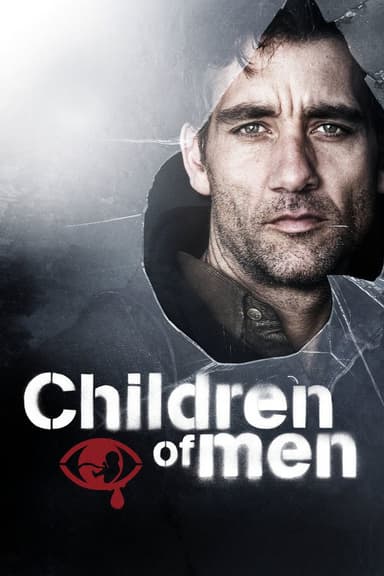
The Omega Man
1971 • Action, Drama, Science Fiction, Thriller • PG
Due to an experimental vaccine, Dr. Robert Neville is the only human survivor of an apocalyptic war waged with biological weapons. Besides him, only a few hundred deformed, nocturnal people remain - sensitive to light, and homicidally psychotic.
Runtime: 1h 38m
Why you should read the novel
Richard Matheson’s novel I Am Legend offers a far richer and more thought-provoking experience than its film adaptation, The Omega Man. The book delves deep into the psychology of isolation, exploring what it means to be the last uninfected human in a world overtaken by vampirism. Matheson’s nuanced portrayal of fear, loneliness, and the need for meaning makes for a gripping and emotionally resonant read.
Unlike the movie, which focuses on action and spectacle, the novel invites readers to ponder the shifting definitions of monster and humanity. Matheson’s stark and intimate writing draws you into Robert Neville’s desperate existence, encouraging empathy even for the so-called villains. It’s a deeply philosophical narrative that lingers long after the final page.
If you are searching for a story with much more psychological depth and literary weight, the novel is the clear choice. I Am Legend not only influenced generations of post-apocalyptic fiction, but it also offers insights into human nature and societal change that the movie glosses over.
Adaptation differences
One of the most significant differences between The Omega Man and I Am Legend is the nature of the infected population. In the novel, the world is overrun with genuine vampires, complete with aversion to sunlight and traditional supernatural traits; in the film, the infected are mutated, light-sensitive survivors of biological warfare with cult-like tendencies rather than classic vampires. This substantially changes the tone and implications of the story.
The protagonist's characterization also diverges greatly. Robert Neville in the book is a deeply lonely, haunted man who rigorously researches the scientific basis of vampirism, truly wrestling with his sanity and guilt. The movie’s Neville, played by Charlton Heston, is more of an action-oriented hero, prioritizing physical conflict over introspective struggle and scientific inquiry.
Additionally, the supporting characters and key plot developments are reimagined for the film. The Omega Man introduces Lisa and Matthias, who represent new factions and conflicts absent or very different from Matheson’s novel. Romantic subplots and interpersonal alliances in the movie are simplified and far more conventional than the nuanced, morally ambiguous relationships found in the book.
Perhaps the largest thematic divergence is in the ending. Matheson’s novel upends expectations by shifting the meaning of “legend” and challenging the hero’s perspective, offering a bleak but profound social commentary. The Omega Man, meanwhile, reinterprets the climax to focus on sacrifice and hope, eschewing much of the philosophical ambiguity that makes the book such an enduring classic.
The Omega Man inspired from
I Am Legend
by Richard Matheson














